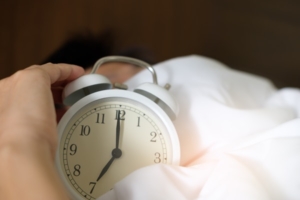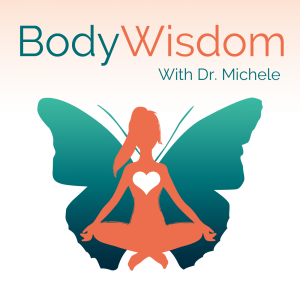
5 Simple Tips To Fall Asleep Faster
Many people go to bed early, only to find that they are lying there, staring into the darkness and trying to will themselves to go to sleep. There are a lot of different reasons why sleep is difficult for some, but there are some practices, habits, and tips that will help you to teach your body and your mind to go to sleep and have a restful, rejuvenating night.
Get a Routine
A bedtime routine is very important to let your body know what is going on. Make sure you avoid watching television or looking at any type of computer screen for at least 30-60 minutes before going to bed. Try reading a good book, meditating or journaling, but don’t use electronics, as they stimulate the brain. Avoid any type of intensive exercise for at least an hour before you want to go to sleep. Choosing a specific bedtime and sticking to that time is also a critical factor for many people.
Take a Bath
A warm to hot bath (or shower) followed by exposure to cooler air will drop the body temperature quickly. This will naturally trigger the body metabolism to slow, preparing your body for sleep. Ideally, cool your bedroom as well. This also helps to maintain a lower body temperature and metabolism throughout the night, which can help to prevent waking up and then struggling to return to sleep.
Get Rid of Lights and Sounds
Unless you are on call, leave your phone, tablets and other devices that beep, ring or make noises out of the bedroom. These devices typically also have lights, and light can disrupt your sleep cycle. Lights from outside should be eliminated with blackout curtains. Cool and dark is always the best option for sleep. If you have a clock radio or anything with a display, turn it off or turn it around so the light and the time are not visible. Staring at minutes ticking by only raises anxiety and results in increased problems in getting to sleep.
Heat Your Feet
A hot water bottle or an electric heating pad at the foot of the bed can be very helpful in dissipating heat from the body by dilating surface blood vessels. The same effect can also be noted if you wear soft, comfortable socks to bed.
Progressive Relaxation
As part of a sleep routine, start using progressive relaxation in bed. This is a combination of tightening and relaxing muscles as well as visual imagery and focus that will clear the mind and relax the body, creating the perfect conditions for a good night’s sleep


 “The lessons learned through Dr. Michele’s online training class were invaluable, teaching me a new way at looking at food and timing of my meals. Her direction set me on a path to better health.”
“The lessons learned through Dr. Michele’s online training class were invaluable, teaching me a new way at looking at food and timing of my meals. Her direction set me on a path to better health.”